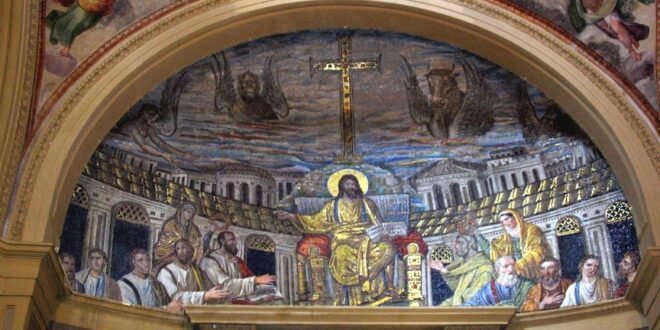In a recent essay, I defended Pope St. John Paul II’s view of Jesus Christ as the ultimate revelation of humanity. To understand our true nature, individuals must look to Christ and the Blessed Virgin Mary, who exemplify a sinless humanity. John Paul’s focus on Christian humanism aimed to address the contemporary human condition, particularly informed by his experiences in a Soviet-occupied archdiocese.
Despite this emphasis, some traditionalist circles express resistance, viewing humanism as contrary to “true” religion. While excessive anthropocentrism is a concern, John Paul maintained that authentic human living and divine will are intertwined. The relationship between God and man should not be seen as adversarial; separating them distorts theology.
Discussing the implications of the Scopes Trial, I posited that the real question is about humanity’s identity. Fundamentalists see man as a finished product of creation, while evolutionists regard him as merely another species, neglecting the concept of humanity as “co-creators.” Such views overlook God’s intention for human beings to cultivate creation.
The neglect of a dynamic understanding of creation, instead treating it as static, can lead to a form of Deism that sidelines both God and humanity. This separation facilitates a misunderstanding of morality, leading to an individualistic ethic devoid of a commonly accepted good. Ultimately, both God and man must be understood in relation to one another; to remove one diminishes the comprehension of the other, distorting our grasp of creation, morality, and salvation.
Continue reading this Trek here:
What Happens If You Separate God and Man?
 Trek.pub Trekking around the net
Trek.pub Trekking around the net




